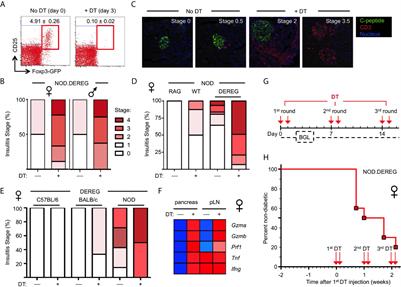EDITORIAL
Published on 10 Mar 2022
Editorial: Immunopathology of Type 1 Diabetes
doi 10.3389/fimmu.2022.852963
- 1,596 views
- 1 citation
46k
Total downloads
161k
Total views and downloads
You will be redirected to our submission process.
EDITORIAL
Published on 10 Mar 2022
REVIEW
Published on 17 Nov 2021

ORIGINAL RESEARCH
Published on 05 Nov 2021
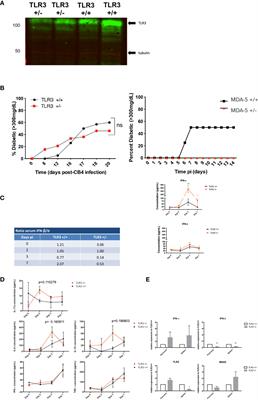
REVIEW
Published on 21 Oct 2021
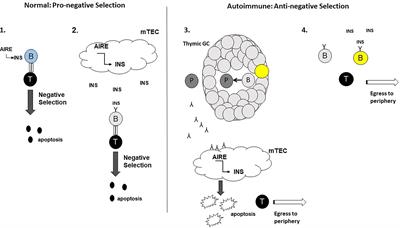
REVIEW
Published on 15 Oct 2021

REVIEW
Published on 07 Oct 2021

REVIEW
Published on 01 Oct 2021
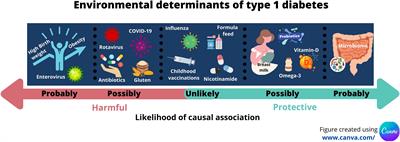
REVIEW
Published on 01 Oct 2021

ORIGINAL RESEARCH
Published on 21 Sep 2021
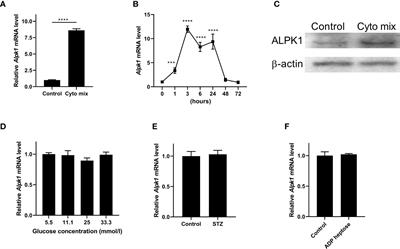
REVIEW
Published on 20 Sep 2021

REVIEW
Published on 20 Aug 2021

ORIGINAL RESEARCH
Published on 10 Aug 2021
